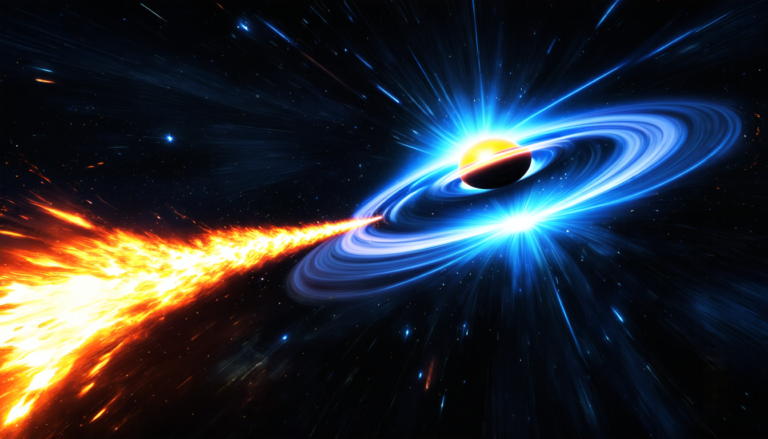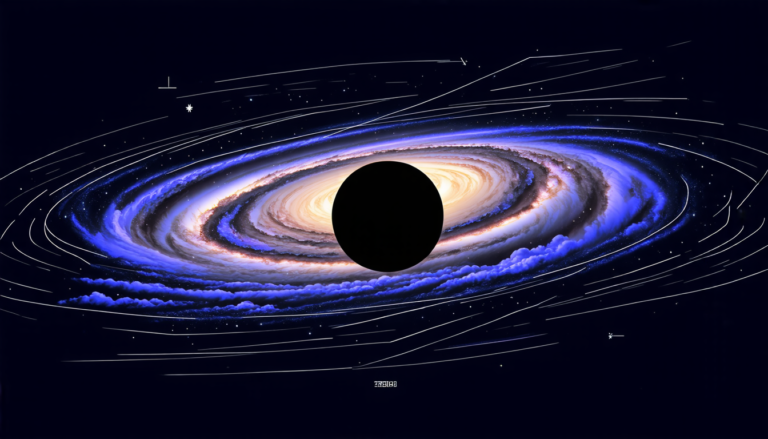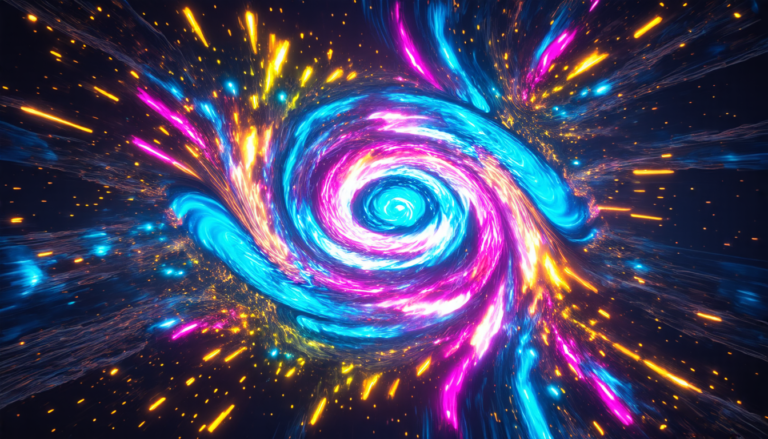Wednesday 04 June 2025
The quest for accurate simulations in particle physics has led researchers to explore innovative solutions, and a new approach is gaining attention in the field. By rethinking how sample weights are transformed in Monte Carlo event generation, scientists may be able to improve the precision of their calculations.
Monte Carlo methods are commonly used in particle physics to simulate complex processes, such as high-energy collisions between particles. These simulations rely on generating large numbers of events, each with a specific set of characteristics, like energy and momentum. However, not all of these events are equally representative of real-world phenomena. Some may have negative weights, which can skew the results and reduce the accuracy of the simulation.
To address this issue, researchers have developed various methods to reweight or refine the sample weights. These approaches aim to eliminate negative weights, but they often require complex computations and can be resource-intensive. A new study proposes a simpler alternative: instead of reweighting events based on their average weight, refine the initial weights with a phase space-dependent factor.
This novel approach uses neural networks to learn the relationship between the initial weights and the desired outcome. By applying this refinement factor, the method can accurately model the entire distribution of event weights, including regions with negative densities. This is particularly important in situations where the underlying physics involves negative cross-sections or interference terms.
The researchers tested their method on various datasets, including top quark pair production and a non-trivial observable with Gaussian weights. The results show that the refinement approach can produce more accurate simulations than traditional reweighting methods, even when dealing with regions of negative density.
This breakthrough has significant implications for particle physics research. By improving the accuracy of Monte Carlo event generation, scientists can refine their predictions and better understand complex phenomena like quantum chromodynamics and beyond. Furthermore, this innovation may inspire new applications in other fields where complex simulations are essential, such as climate modeling or computational biology.
The development of this refinement method demonstrates the power of innovative thinking in particle physics. By challenging conventional approaches and exploring alternative solutions, researchers can push the boundaries of what is possible and advance our understanding of the universe.
Cite this article: “Rethinking Weights: A Novel Approach to Accurate Monte Carlo Simulations”, The Science Archive, 2025.
Monte Carlo Methods, Particle Physics, Event Generation, Sample Weights, Neural Networks, Phase Space-Dependent Factor, Negative Density, Top Quark Pair Production, Quantum Chromodynamics, Computational Biology.
Reference: Benjamin Nachman, Dennis Noll, “Stay Positive: Neural Refinement of Sample Weights” (2025).







